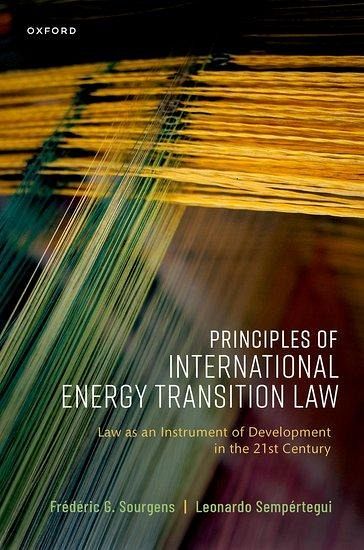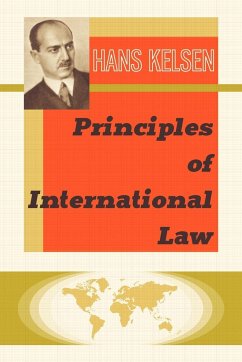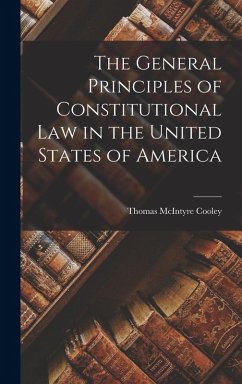
Principles of International Energy Transition Law
Versandkostenfrei!
Versandfertig in 1-2 Wochen
138,99 €
inkl. MwSt.

PAYBACK Punkte
69 °P sammeln!
Energy transition is a complex global problem, with governance and policies cutting across multiple legal silos including human rights, environment, international economics, finance, energy, law of the sea, and transnational commerce. As of yet, there is no comprehensive treatment of the legal principles governing energy transition as a whole. Furthermore, energy transition must solve a trilemma that pits energy equity (the need to provide access to energy needed to fuel human development) and energy security (the need to provide resilient and reliable energy systems) against environmental sus...
Energy transition is a complex global problem, with governance and policies cutting across multiple legal silos including human rights, environment, international economics, finance, energy, law of the sea, and transnational commerce. As of yet, there is no comprehensive treatment of the legal principles governing energy transition as a whole. Furthermore, energy transition must solve a trilemma that pits energy equity (the need to provide access to energy needed to fuel human development) and energy security (the need to provide resilient and reliable energy systems) against environmental sustainability. Without a comprehensive understanding of these issues, law and policy-makers risk exacerbating rather than resolving the underlying problems. Principles of International Energy Transition Law introduces the energy transition problem by situating the climate emergency in its broader energy and development context, showing how global energy value chains are deeply enmeshed in and drive global economic and human development. It combines the different legal perspectives in one consistent analysis by outlining their interactions and showing how they can be reconciled. The book discusses thirty-two international legal principles governing different aspects of the energy transition trilemma's three parts. It then uses a commons governance perspective to propose a holistic approach to applying and balancing these different parts and their different legal principles. Highlighted sections summarise the most important concepts and ideas for easy reference, making the title particularly accessible for students and policy-makers as well as law practitioners.












